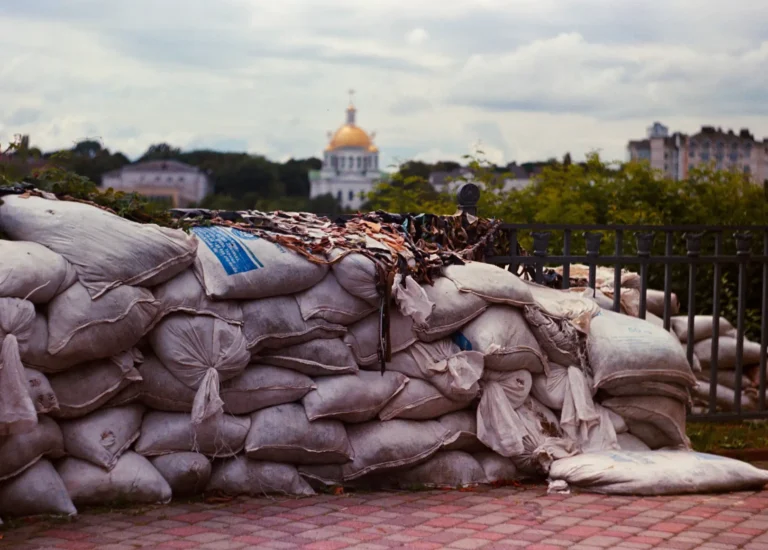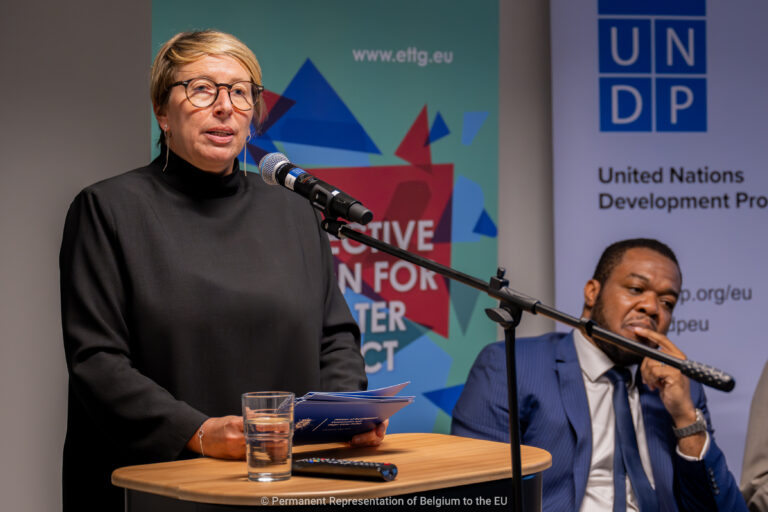
One year since Russia invaded Ukraine: implications for the Africa-Europe relationship
A year has passed since Russia’s invasion of Ukraine and the war looks set to drag on deep into this year. While European leaders shifted their focus onto Ukraine, Africa has felt the sharp consequences of the war, while continuing to face wider existing challenges. It has undoubtedly had significant







